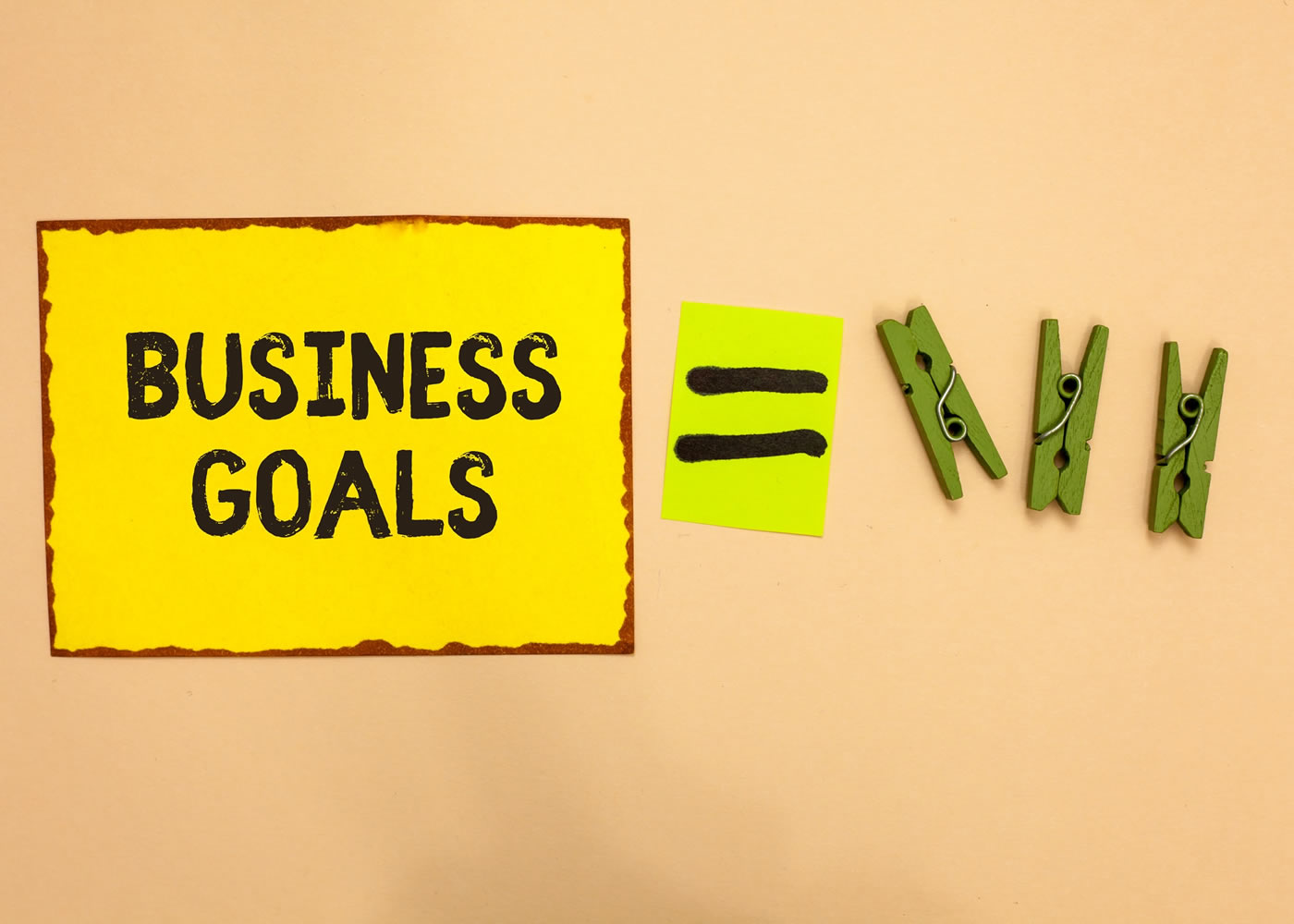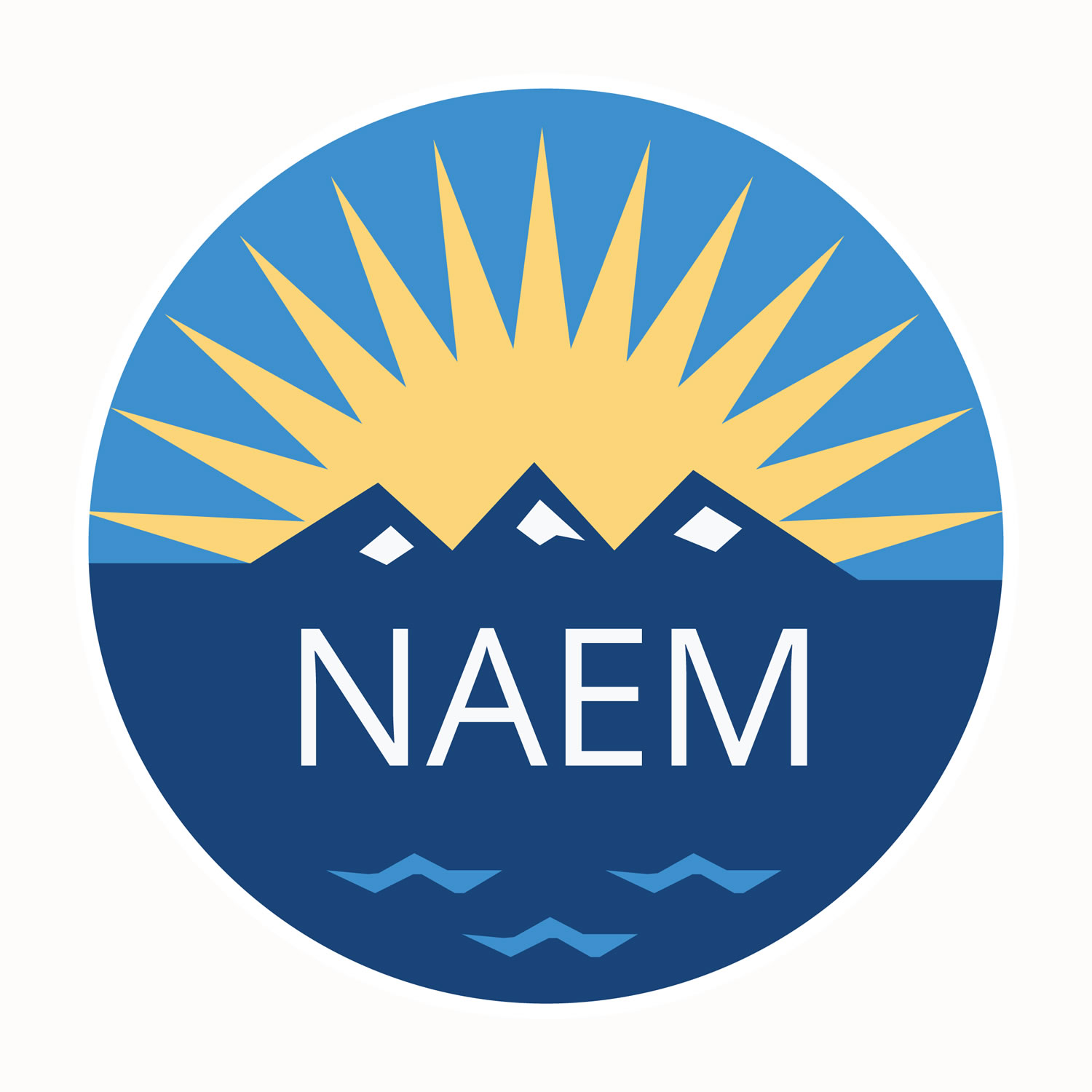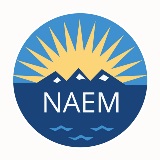Themes from the Forum: Redefining Sustainability Expectations

"Brands with a purpose grow faster," said Jonathan Atwood, Unilever's vice president of sustainability and corporate communications, in Tuesday's morning keynote "Beyond Operations: Addressing Sustainability Operations Through the Value Chain." "It's our firm belief that the only way to be a sustainable business in an unsustainable world is to help the world get more sustainable."
During the session, which also featured Paige Goff, vice president of sustainability and business communications at Domtar Corp., moderator Tensie Whelan, former president of the Rainforest Alliance, led a discussion on breaking down silos between EHS leaders and their colleagues.
Such matters have become the undercurrent of many such meetings, according to Rick Taylor, VP of EHS at Parker Hannifin, -- "the challenge of integrating EHS into the business and making it a priority."
Whelan noted that the trend has moved from the question of how to reduce negative impact, to how to do no harm, and now has become a matter of how to give back.
Goff noted the necessity of immersing employees in sustainability information. "We want to make sure sales people can talk about sustainability," she said.
A challenge, she said, is the inherent generation gap that exists within the corporate structure: "Within the paper industry, the majority of folks in management are 50-year-old white men." In other words, people who are likely to be less interested in sustainability than in earnings, and a bottom line.
But, as both Goff and Atwood said, incorporating a more sustainable, EHS-focused mentality into the corporate ecosystem is "not rocket science." Sometimes, it begins with small changes from within.
Fourteen Domtar facilities, Goff said, collaborate with ambassadors from Earth Choice to help employees better learn how to incorporate principles of sustainability in their lives at work and at home. Atwood requested ideas from Unilever employees across the U.S., and 21 hours later, had more than 2,000 submissions. The company has since done away with bottled water, and the associated waste.
But sustainability goes beyond simply being more environmentally friendly. And the bottom line needs to go beyond earnings reports.
"If we're simply selling stuff," Goff said, "that's not a sustainable model. What is your role in society? Make sure your role is authentic."
He cited Dove's campaign to increase self-esteem in young girls; Dove is now Unilever's fastest growing personal care brand.
"From a sales perspective," said Goff, "people want to know where their (product) is coming from. The Domtar Paper Trail helps redefine sustainability, answering key questions such as: "Where does this paper come from?" "What are the impacts of my purchase?" and "Who are the people behind the product?"
Ultimately, the parties agreed that a successful sustainability story must rely on data, but not be limited to it. If EHS leaders and companies are going to help the world become more sustainable, they need to begin from within, tear down silos between "people who focus on sustainability" and "people who focus on business," and focus on change.
"If it's worth doing, it's got to be transformational and it's got to involve a lot of people," Atwood said, and those people need to embrace the mission of sustainability.
Related
About the Author

NAEM Staff
The National Association for Environmental, Health and Safety, and Sustainability (EHS&S) Management (NAEM) empowers corporate leaders to advance environmental stewardship, create safe and healthy workplaces and promote global sustainability. As the
leading business community for EHS&S decision-makers, we provide engaging forums, a curated network, peer benchmarking, research insights and tools for solving today’s corporate EHS&S management challenges. Visit us online at naem.org.

